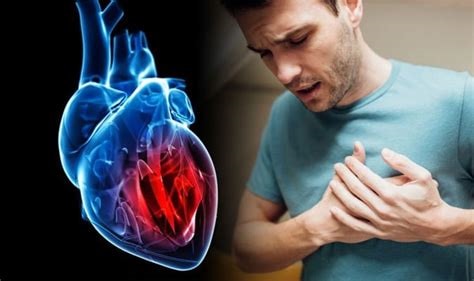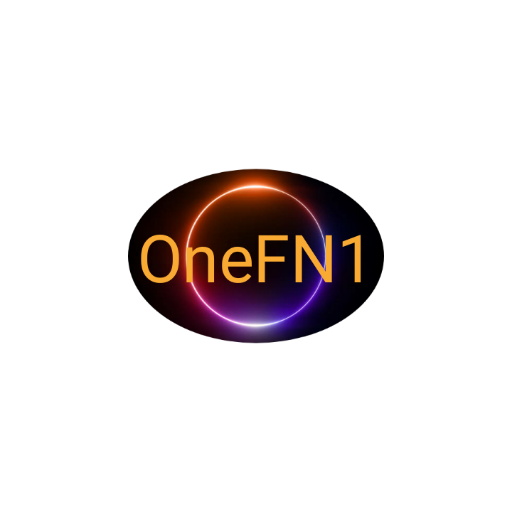Drinking two liters or more per week of artificially sweetened beverages which is the equivalent of a medium-sized fast-food diet soda a day, raised the risk of an irregular heartbeat called atrial fibrillation by 20% when compared to people who drank none, a new study has found.
Known as A-fib, atrial fibrillation is an irregular heartbeat often described by many people who have it as a “quiver,” “flutter” or “flip-flop” of the heart in the chest.
Drinking a similar number of added-sugar beverages raised the risk of the condition by 10% while drinking about four ounces of pure, unsweetened juices, such as orange or vegetable juice, was associated with an 8% lower risk of atrial fibrillation, the study found.
“This is the first study to report an association between no- and low-calorie sweeteners and also sugar-sweetened beverages and increased risk of atrial fibrillation,” said Penny Kris-Etherton, a professor emeritus of nutritional sciences at the Pennsylvania State University, in a statement.
While the study could only show an association between sweetened drinks and A-fib, the relationship remained after accounting for any genetic susceptibility to the condition.
“We still need more research on these beverages to confirm these findings and to fully understand all the health consequences on heart disease and other health conditions,” said Kris-Etherton, who is also an American Heart Association nutrition committee member.
“In the meantime, water is the best choice, and, based on this study, no- and low-calorie sweetened beverages should be limited or avoided,” she added.
Nearly 40 million people worldwide are living with atrial fibrillation, 6 million of those in the United States alone, according to the Heart Rhythm Society, who represents more than 7,000 specialists in cardiac rhythm disorders from more than 90 countries.
Many of those people suffer chest pain, palpitations, shortness of breath and fatigue. But for others, A-fib is symptomless, a potentially silent killer. Once detected, however, the condition can be treated with medications, lifestyle changes and if necessary, surgeries to slow or restore the heart’s normal rhythm.
People who drank both sugar-sweetened beverages and pure juice were “more likely to have a higher intake of total sugar than those who drank artificially sweetened drinks,” according to the statement.
“Our study’s findings cannot definitively conclude that one beverage poses more health risk than another due to the complexity of our diets and because some people may drink more than one type of beverage,” said lead study author Dr. Ningjian Wang, a professor at the Shanghai Ninth People’s Hospital and Shanghai Jiao Tong University School of Medicine in Shanghai, China.
“However, based on these findings, we recommend that people reduce or even avoid artificially sweetened and sugar-sweetened beverages whenever possible,” Wang said in the statement. “Do not take it for granted that drinking low-sugar and low-calorie artificially sweetened beverages is healthy, it may pose potential health risks.”
OneForumNews1

















0 Comments